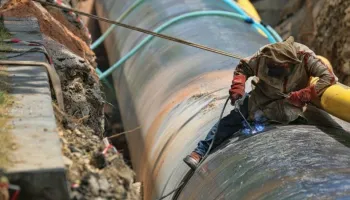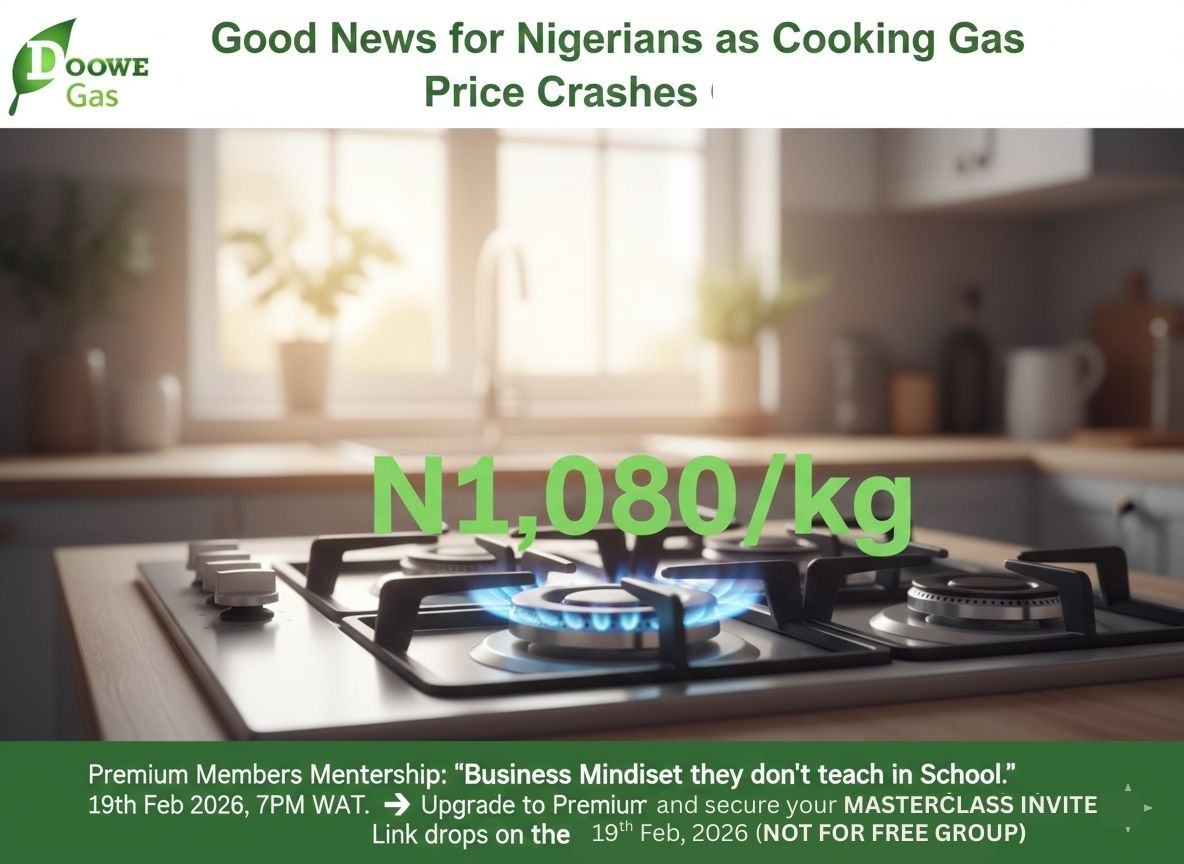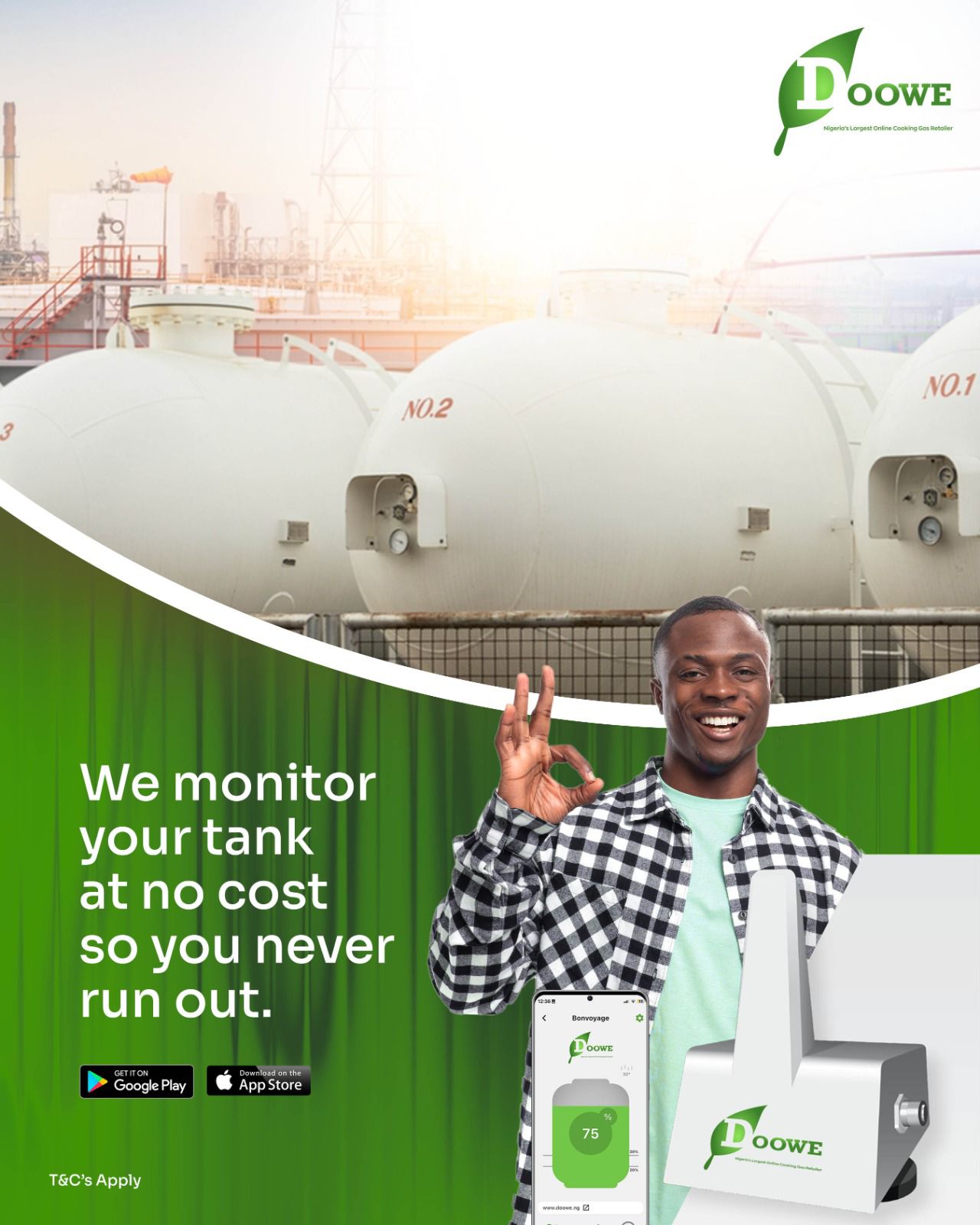The $25 billion Nigeria-Morocco Gas Pipeline (NMGP) project has recorded a new milestone with the creation of a dedicated Project Company.
The establishment of this structure signals the transition from the feasibility and financial study phase to setting up the institutional and financial framework necessary to execute the pipeline’s construction.
The project has attracted the involvement of several international financiers, including the European Investment Bank (EIB) and the Islamic Development Bank (IsDB), which had been previously mentioned by project stakeholders.
The pipeline is set to transport up to 30 billion cubic meters (bcm) of gas annually across more than 6,000 kilometers, connecting a dozen West African countries to the Moroccan network and ultimately to Europe.
Nigeria, Africa’s top oil producer and holder of the continent’s largest proven gas reserves, is actively seeking to diversify its export markets beyond the region.
For Morocco and the transit nations, the pipeline aims to improve access to energy while strengthening their role in the international gas market.
The creation of a Project Company is a critical step for such infrastructure.
It centralizes responsibilities, structures financing, and clarifies governance. As the World Bank notes, such an entity is created to exclusively house the project’s assets, enhancing the transparency of commitments.
Support from multilateral financial institutions helps validate the project’s economic viability and attract potential investors.
The final investment decision (FID), expected by the end of 2025, will be decisive in gauging the ability to finance the massive infrastructure.
On gas,
The price of Liquified Petroleum Gas (LPG), also known as cooking gas has increased in what sources linked to the ongoing feud between Dangote refinery and oil unions.
As the crises persists the country could witness a domestic LPG supply crunch, according to multiple credible industry sources.
Prior to the emergence of the Dangote refinery, the primary sources of LPG in the country were, domestic gas from the NLNG, supplemented with imports by marketers. However, since January 2025, the Dangote Refinery has on one undercut and pushed other players out of the market, including the NLNG by aggressively slashing prices.
This strategy has made Dangote the dominant and de facto sole supplier of LPG over the last eight months. At present, the refinery is not producing or supplying LPG, and sources are unsure why. The market is now exposed, as previous suppliers remain reluctant to re-enter, wary of being undercut again once Dangote resumes operations.
Should importers step in to fill the gap, it would take 2–3 weeks to land product. This delay could result in a temporary supply gap and price volatility, which is already manifesting.
While this development provides a troubling preview of what market dominance could look like, especially on PMS, the refinery’s price undercutting strategy underscores the systemic risks of a monopolistic structure within Nigeria’s downstream sector, which has unprecedented implications for sector, and the Nigerian economy.
Meanwhile, the dispute between Dangote Petroleum Refinery and the Petroleum and Natural Gas Senior Staff Association of Nigeria (PENGASSAN) has driven cooking gas prices up by 33 per cent nationwide, deepening scarcity and straining household budgets.
A kilogramme of cooking gas has risen from N1200 to N1600.
Across Lagos, Abuja, Port Harcourt and other major cities on Tuesday, residents were forced to ration consumption or resort to alternative fuels such as kerosene, firewood and charcoal, further straining household budgets.
Liquefied Petroleum Gas (LPG) retailers said they were battling acute shortages, as supply from both local producers and importers tightened significantly.
“LPG scarcity persists nationwide as PENGASSAN delays LPG discharge in Apapa,” said LPG in Nigeria, a social enterprise that started in 2011 to grow the Nigerian LPG industry through advocacy.
Although the 650,000-barrel-per-day facility is expected to reduce Nigeria’s dependence on imports, reports suggest that limited volumes are being released into the domestic market. This, combined with rising global gas prices and foreign exchange pressures, has worsened the crisis.
Retailers argue that the federal government has failed to intervene decisively to stabilise the sector.
The surge in cooking gas prices has far-reaching implications. Beyond household hardship, it undermines Nigeria’s clean energy transition agenda, which aims to discourage the use of firewood and charcoal due to concerns about deforestation and the environment.
The Nigerian Association of Liquefied Petroleum Gas Marketers (NALPGAM) warns that without a swift resolution between PENGASSAN, Dangote, and other key stakeholders, the crisis could escalate into a national emergency.
Olatunbosun Oladapo, NALPGAM’s president, said its members are on standby to get the supply. However, vessel discharge has been stopped on the back of the PENGASSAN strike.
Tinubu says “the worst is over” in Nigeria’s economy, insists reforms are yielding results
He said: “There’s no loading in any depot as we speak now. Our members are there to pick gas, but there’s nowhere to pick. Virtually all the storage facilities are dry, and the vessel was not allowed to discharge.
“There’s no Nigerian Midstream and Downstream Petroleum Regulatory Authority (NMDPRA), Nigerian Maritime Administration and Safety Agency (NIMASA), and other officers to inspect because of this PENGASSAN strike.
“So it’s a national issue, and we are seeing the effects. The earlier we solve this problem, the better for the country. Because if there is no gas supply for the next three days, then there will be problems.”
👋 DooweGas is on a mission to ignite the future of energy, and we want YOU to be a part of it! Our YouTube channel is the place for in-depth analysis, expert interviews, and the latest breakthroughs for professionals, investors, and policymakers in the energy sector.
Why Subscribe NOW?
Exclusive Content: Get cutting-edge insights you won’t find anywhere else.
Expert Analysis: Understand the “why” and “how” behind the biggest energy stories.
Community: Join a growing network of passionate energy professionals.
Be a Pioneer: Help us build the ultimate resource for African energy intelligence!
We’re thrilled to announce that Doowe Gas will be live at NLCGA 2025 🎉
📍 Booth Number A1
📅 15–16 October, 2025
📌 Landmark Centre, Victoria Island, Lagos
Join us as we showcase reliable energy solutions and why more businesses are making the switch to Doowe Gas – Nigeria’s Largest Online Cooking Gas Retailer.
✅ Discover innovative LPG solutions
✅ Learn how we’re powering homes & businesses sustainably
✅ Connect directly with our team
👉 Don’t miss this chance to experience the future of energy with Doowe Gas!
✨ Limited-Time Exclusive Offer for Our Next 900 Subscribers! ✨
To celebrate our journey to 1000, the next 900 people who subscribe to our channel will receive an exclusive, in-depth access to our research from DooweGas on “The Future of LPG in West Africa: Opportunities & Challenges,” absolutely FREE! This is invaluable for anyone in the energy space.
Don’t miss out on this incredible opportunity to deepen your knowledge and get a valuable resource straight from Nigeria’s leading LPG retail company!
Join the conversation. Get informed. Get empowered. Subscribe today!
➡️ Click here to subscribe and claim your FREE access: https://www.youtube.com/@doowegas/
Source : orientalnewsng.com





